For more information:
Email UsWe all are impacted by, and reap the benefits of, medical research discoveries. From over-the-counter drugs, to healthcare policies and educational interventions, many of these advancements are a result of incredible feats, decades of work, and sometimes serendipitous events. Join us as we sit down with Harvard researchers to discuss these captivating behind-the-scenes stories of research.
January 26, 2022
Creating a Low-Cost Ventilator
Keith Romano, PhD, Brigham and Women’s Hospital, and engineers Jim Richards and Tyler Dailey discuss their collaboration to create a low-cost ventilator during the COVID-19 pandemic.
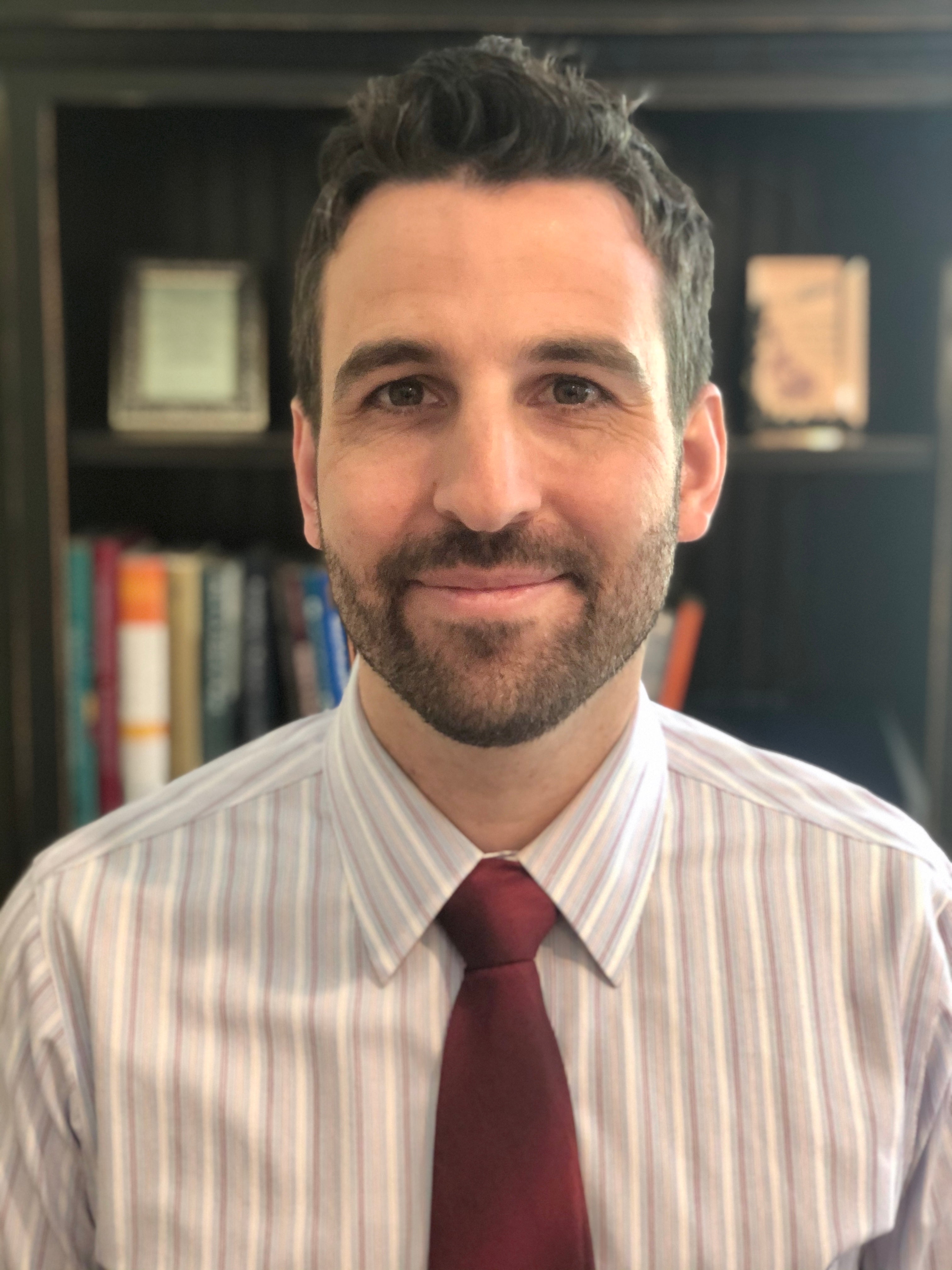
Keith Romano, MD, PhD, is a pulmonologist and critical care intensivist in the Division of Pulmonary Medicine at the Brigham and Women’s Hospital (BWH). Romano aspires to become a physician-scientist in pulmonary and critical care medicine, dedicated to research at the interface of chest medicine and respiratory infectious diseases. His research focuses on antibiotic development in an era fraught with multi-drug resistant respiratory pathogens. During the COVID-19 pandemic, his research shifted toward improving healthcare outcomes in resource-limited settings, where the demand for ventilators outstrips supply. His belief is that a simple, affordable, and rapidly scalable assist-mode ventilator would fill a major gap in the collective response to combat the current pandemic, as well as future pandemics. Impassioned by this mission, he has collaborated with a nonprofit engineering group to help design and test a simple ventilator, called the AeroBreath. Since its conception, it has accumulated growing support from leaders within the BWH Pulmonary Division and potential global partners on the ground in Africa and Haiti.
January 5, 2022
Chemicals in the Office
Anna Young, PhD, Healthy Buildings Program at the Harvard T.H. Chan School of Public Health, discusses her team’s research investigating hormone-disrupting chemicals found in offices and their effect on human health. Young is part of a team who received pilot funding in 2021 for projects focused on environmental toxins.
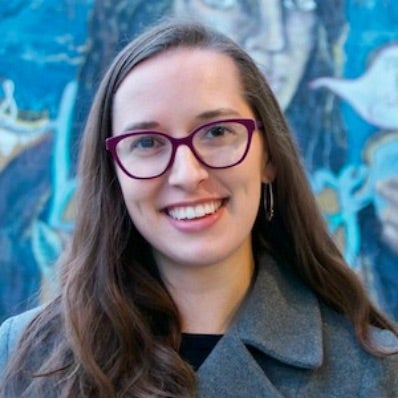
Anna Young, PhD, is a postdoctoral research fellow in the Department of Environmental Health at the Harvard T.H. Chan School of Public Health. Her research focuses on healthier materials and products in buildings as a strategy to reduce our exposures to toxic chemicals. She recently earned her PhD in the department, where she conducted dissertation research about global exposures to chemicals in office buildings, the hormonal activities of building dust in cell assays due to chemicals, and the benefits of healthier materials interventions to reduce toxic chemical loads in buildings. She has sought to advance several exposure assessment methods, including the uses of cell assays on dust to assess “building health”, silicone wristbands to sample people’s chemical exposures in buildings, and portable instruments to non-destructively scan products for chemical indicators. Young holds an MS in environmental health from the Harvard Chan School and a BA in computer science and environmental studies from Yale University.
December 22, 2021
Translational Innovator: Immunology and the Human Virome
Kate Jeffrey, PhD, Massachusetts General Hospital, shares how the grant she received from Harvard Catalyst furthered her work in immunology, allowing her to study the human virome.
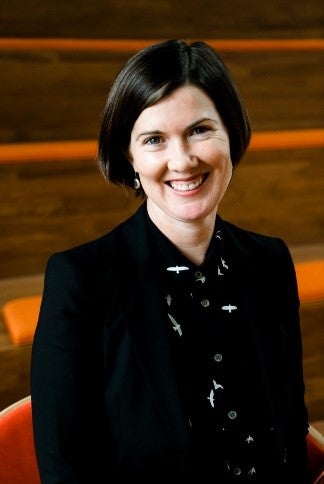
Kate L. Jeffrey, PhD, is assistant professor of medicine at Harvard Medical School, assistant in immunology at Massachusetts General Hospital (MGH), faculty of Harvard Immunology, faculty of Harvard Virology, and an associate member of the Broad Institute of MIT & Harvard. She started her independent laboratory at MGH/Harvard in 2012. Previously, she worked as an immunology editor with Nature Medicine in New York before performing her postdoctoral research with professor Sasha Tarakhovsky at The Rockefeller University in New York focusing on epigenomic regulation of innate immunity and inflammation. Additionally, she is co-founder of the New York Imagine Science Film Festival in New York City. Jeffrey grew up in Australia and received her undergraduate studies (BSc, (Honors)) at the University of Melbourne, Australia, and completed her PhD in immunology with professor Charles Mackay at the Garvan Institute of Medical Research in Sydney, Australia.
December 8, 2021
Establishing a Career Path as a PhD Scientist
Sudeshna Fisch, PhD, Brigham and Women’s Hospital, describes the path that led her to become associate director of the Cardiovascular Physiology Core at Brigham and Women’s Hospital.
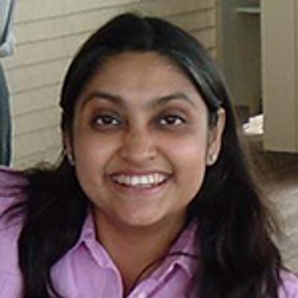
Sudeshna Fisch, PhD, is the associate director of a busy and prolific preclinical core in Cardiovascular Physiology in the Department of Medicine at Brigham and Women’s Hospital. Fisch’s research focuses on preclinical therapeutic studies using mouse, rat, and zebrafish models which include surgical and non-surgical techniques, including advanced cardiac imaging and data analytics. Her prior work includes intellectual property and research commercialization and grant-funding strategies, with stints at the Broad Institute, Nanobiosym, Harvard’s Office of Technology Development, Partners Office for Research Ventures and Licensing, and Fish & Richardson, LLP. She was born in Calcutta, India, and earned her BS and MS degrees in zoology and genetics from Calcutta University, where she received a National Merit Scholarship. Fisch received her PhD in biological sciences on a full scholarship from Bowling Green State University in Ohio before moving to Harvard Medical School for postdoctoral work.
November 24, 2021
Translational Innovator: The Science Behind Recurring C. Difficile Infections
The pathogen c.diff recurs in approximately 25% of patients within two months, says Georg Gerber, PhD, Brigham and Women’s Hospital. In this podcast, Gerber reflects on the impact funding received from Harvard Catalyst has had on his research which focuses on recurring infections.

Georg Gerber, MD, PhD is an associate professor of pathology at Harvard Medical School and associate pathologist at the Brigham and Women’s Hospital Center for Advanced Molecular Diagnostics. His research interests involve building novel computational models and high-throughput experimental systems to understand the role of the microbiota in human diseases, and applying these findings to develop new diagnostic tests and therapeutic interventions to improve patient care. He has founded several companies focused on developing and applying 3D graphics technologies to create feature and IMAX® films. Gerber completed a fellowship in infectious disease pathology and molecular microbiology, and a residency in clinical pathology at BWH. He received his MD from HMS, master’s and PhD in computer science from MIT, and a master’s in infectious diseases and BA in pure mathematics from UC Berkeley.
November 10, 2021
Ultrasound Technology at the Bedside
Onyinyechi Eke, MD, director of global ultrasound at Massachusetts General Hospital, discusses point-of-care ultrasound technology and education, including her newly funded study to create a tele-ultrasound platform.
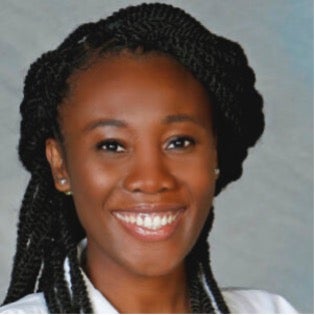
Onyinyechi Eke, MD, currently serves as faculty and director of global ultrasound in the Department of Emergency Medicine at Massachusetts General Hospital (MGH). Her research interests include the development of point-of-care ultrasound education and training in resource-limited settings, particularly in Sub-Saharan Africa and the efficient utilization of point-of-care ultrasound to facilitate patient care in the emergency department. She completed her clinical ultrasound fellowship at MGH and her emergency medicine residency at Cook County Hospital in Chicago, Illinois. Eke received her medical degree from Johns Hopkins School of Medicine and undergraduate degree from the University of Maryland, College Park.
October 27, 2021
Translational Innovator: Advancing Research on Heart Valve Disease
Elena Aikawa, MD, PhD, co-director of the Center for Interdisciplinary Cardiovascular Sciences, and her collaborator Mark Blaser, PhD, research fellow at Brigham and Women’s Hospital, reflect on how the pilot funding they received from Harvard Catalyst has helped them create a 3D-bioprinted model to study calcific aortic valve disease. Hardeep Ranu, PhD, project manager of our Translational Innovator program, serves as host.
Read Transcript
Elena Aikawa, MD, PhD, is professor of medicine at Harvard Medical School, director of the Vascular Biology Program at the Center for Interdisciplinary Sciences, founding director of the Heart Valve Translational Research Program, and associate head of section of Cardiovascular Life Sciences at Brigham and Women’s Hospital. She holds editorial positions at Circulation Research, Journal of Extracellular Vesicles, PLoS ONE, and Arteriosclerosis Thrombosis and Vascular Biology. Aikawa’s research focuses on the development of new therapies to prevent, treat, and cure calcific aortic valve stenosis.
October 13, 2021
Trauma Care at the VA
Anna Etchin, PhD, Translational Research Center for TBI and Stress Disorders, discusses her research on the impact of trauma on veterans and how trauma-informed care can benefit this population.
Read Transcript
Anna Etchin, PhD, is an advanced nurse fellow in polytrauma/traumatic brain injury (TBI) rehabilitation at the Translational Research Center for TBI and Stress Disorders within the VA Boston Healthcare system. She is committed to improving the holistic wellbeing of veterans as they reintegrate into civilian life. Her program of research focuses on post-9/11 U.S. veteran resilience and health functioning, particularly within the context of childhood and deployment trauma. Etchin’s clinical background is in geriatric, psychiatric, hospice and palliative, and long-term care nursing with the U.S. Department of Veteran Affairs. She is a baccalaureate-level registered nurse and received her PhD in nursing from Northeastern University.

